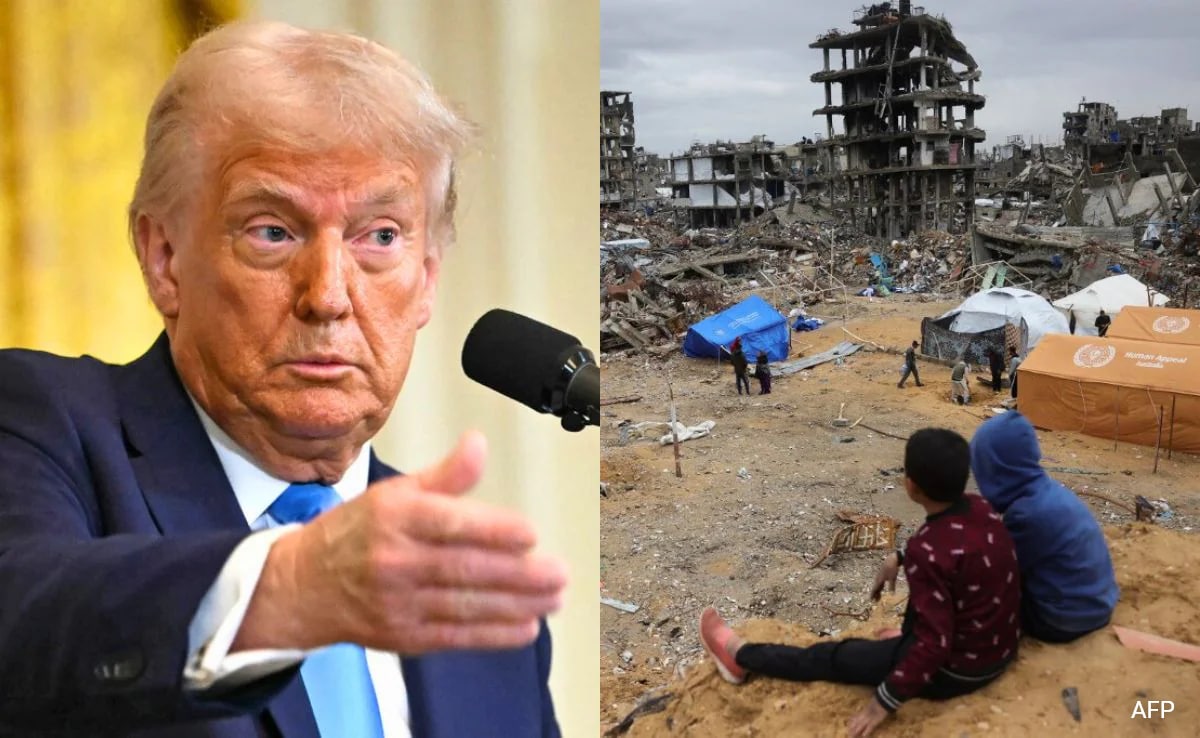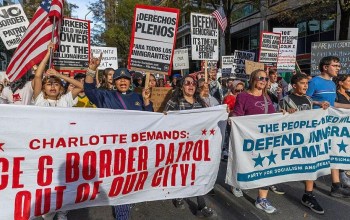
The United Nations Security Council has formally approved the Trump administration’s Gaza peace plan, marking a major diplomatic milestone for the U.S. president’s foreign policy agenda. The vote, held on November 17, 2025, saw 13 nations in favor and two abstentions (Russia and China), with no votes against the resolution.
Key Features of the Plan
The resolution, known as UNSC Resolution 2803, lays the groundwork for a two-year transitional governance period in Gaza. Central to the plan is the creation of a Board of Peace, chaired by Trump, which will oversee administration, security, and reconstruction efforts. An International Stabilization Force (ISF) will be deployed to assist in demilitarization, secure borders, and supervise the establishment of a new Palestinian police force.
Although the plan outlines a potential pathway to Palestinian statehood, the language is intentionally vague, leaving the specifics of sovereignty and long-term governance open to negotiation. The ISF is authorized to “use all necessary measures” to ensure stability, giving it broad operational powers under international oversight.
Global Reactions
The approval has elicited mixed reactions:
-
Arab and Muslim nations including Egypt, Qatar, Saudi Arabia, Turkey, and the UAE largely supported the plan, emphasizing the need for humanitarian assistance and eventual Palestinian self-determination.
-
Israel appears cautiously supportive regarding enhanced security provisions, but remains wary of any commitments that could lead to Palestinian sovereignty.
-
Hamas strongly rejected the resolution, describing it as an externally imposed “guardianship” that undermines Palestinian independence.
Analysts have highlighted concerns about how the ISF will operate, whether countries will commit troops, and whether the Board of Peace can maintain neutrality in a politically charged environment.
Challenges Ahead
Implementing the plan faces several obstacles:
-
ISF Deployment: The international force requires full commitment from contributing nations and a clear operational mandate.
-
Governance and Legitimacy: Palestinians may resist a transitional body led or influenced by foreign powers, particularly with Trump chairing the Board.
-
Demilitarization: Disarming armed groups in Gaza, including Hamas, presents a complex political and security challenge.
-
Sovereignty Pathway: The future of Palestinian statehood remains uncertain, and the plan’s timeline for achieving independence is unclear.
-
Reconstruction and Aid: Reviving Gaza’s infrastructure will demand significant resources and long-term international cooperation.
Significance
UN endorsement gives Trump’s Gaza plan international legitimacy, transforming it from a unilateral proposal into a legally recognized framework for peace and stabilization. The resolution signals that the global community is willing to explore a new governance model in Gaza, even amid deep regional divisions.
While the plan is ambitious, its success hinges on effective execution, cooperation among international actors, and the willingness of local Palestinian authorities and residents to engage with the transitional framework. The coming months will reveal whether this UN-backed initiative can move beyond paper and create tangible peace and stability in Gaza.
Watch video below :












